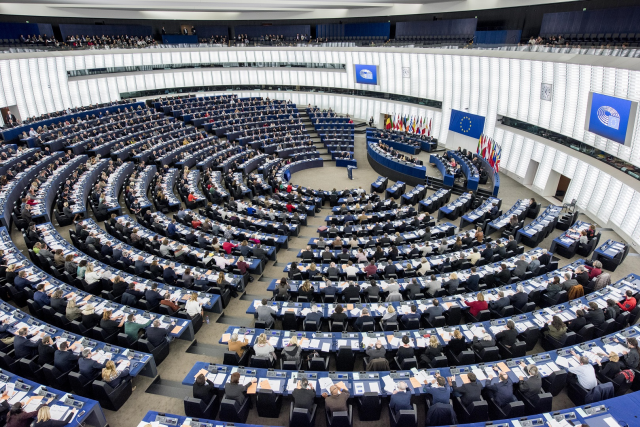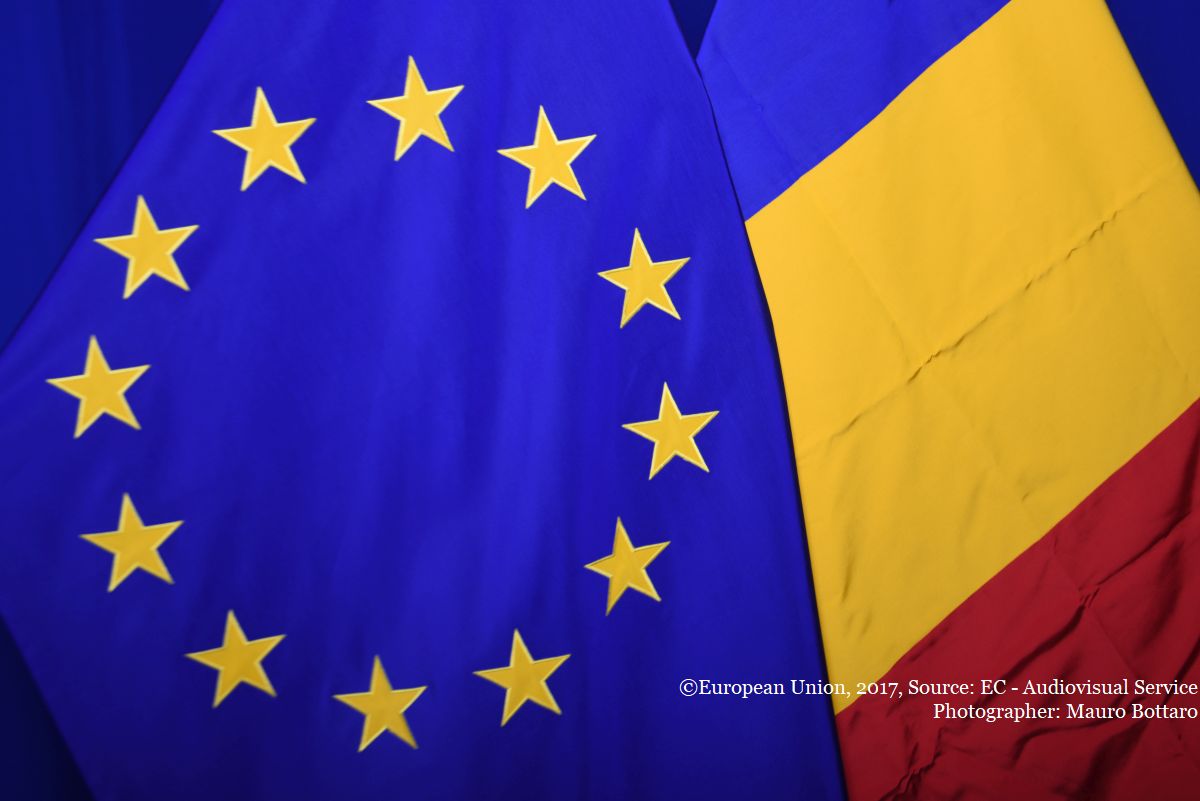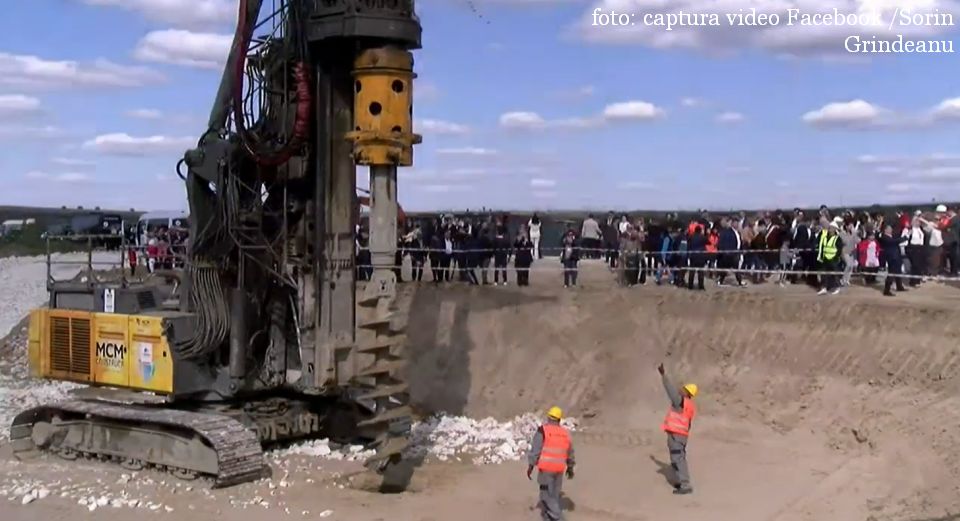Criticism and recommendations for Romania
Romania is nowhere closer to having the Cooperation and Verification Mechanism lifted.

Ştefan Stoica, 14.11.2018, 14:00
In January 2017, 10 years since Romania’s EU accession, the European Commission presented a set of 12 recommendations for Romania in its annual evaluation report under the Cooperation Verification Mechanism which, once implemented, would have eventually led to lifting the mechanism in 2019. At the time, a new ruling coalition, made up of the Social-Democratic Party and the Alliance of Liberals and Democrats, took office in Romania.
“It is regrettable that Romania not only broke the course of reforms, but also regained some aspects that were considered closed or invoked in relation to the achievements of the last 10 years”, European Commission Vice-President Frans Timmermans said on Tuesday shortly after the Commission’s report was made public. “It is essential that Romania register progress in the fight as soon as possible against corruption and guaranteeing the independence of the judiciary”, the EU official went on to say. “It is the only way for Romania to return to the path that will lead to the conclusion of the MCV process, which is of interest to both the citizens and the country and the EU in general”, Frans Timmermans added. For that to happen, the Commission has issued an additional 8 recommendations for Romania.
The Commission wants the ruling coalition to call off the implementation of the justice laws and the subsequent emergency ordinances and revise them in line with the recommendations of the Venice Commission and the Council of Europe Group of States against Corruption (GRECO). The Commission wants to call off the implementation of amendments to be brought to the Criminal Code and the Code of Criminal Procedure and to relaunch the process of revising the codes while taking into account the need to ensure their compliance with European legislation and international anti-corruption standards.
The Commission also wants the Romanian Government to immediately suspend all procedures for appointing and dismissing prosecutors in key positions. The Commission wants the Government to restart the process of appointing a Chief Prosecutor of the National Anticorruption Directorate, who should have proven experience in the prosecution of corruption crimes and a clear mandate for the DNA to continue to conduct professional, independent and non-partisan investigations of corruption.
Furthermore, the Commission wants the Government to respect negative opinions from the Superior Council of Magistracy on appointments or dismissals of prosecutors at managerial posts. Drawing on Tuesday’s report, the European Parliament also on Tuesday passed a resolution expressing its deep concern with the judicial and criminal reforms in Romania, arguing that these structurally undermine the independence of the country’s judiciary, its capacity to efficiently fight corruption and would weaken the rule of law.
The European Parliament also condemns the disproportionate and unwarranted use of violence by security forces during the August 10 protest in Bucharest. At the time Romanians both at home and abroad voiced their disgruntlement with what they consider a systematic effort from the left-wing power to subordinate the justice system and neutralize the state’s instruments to fight corruption.






























